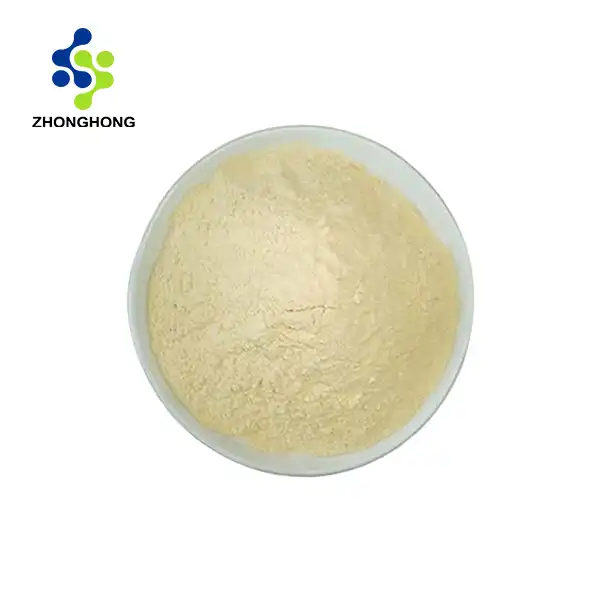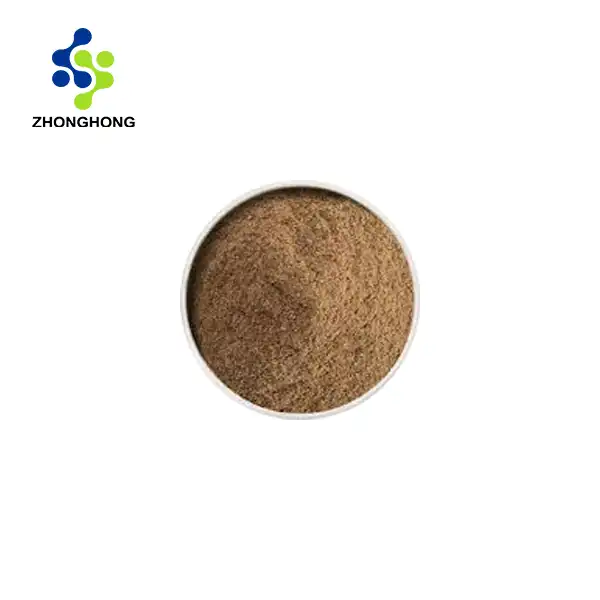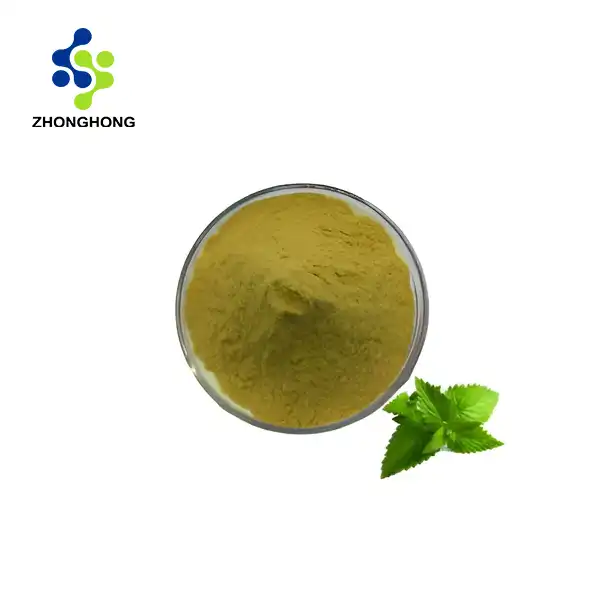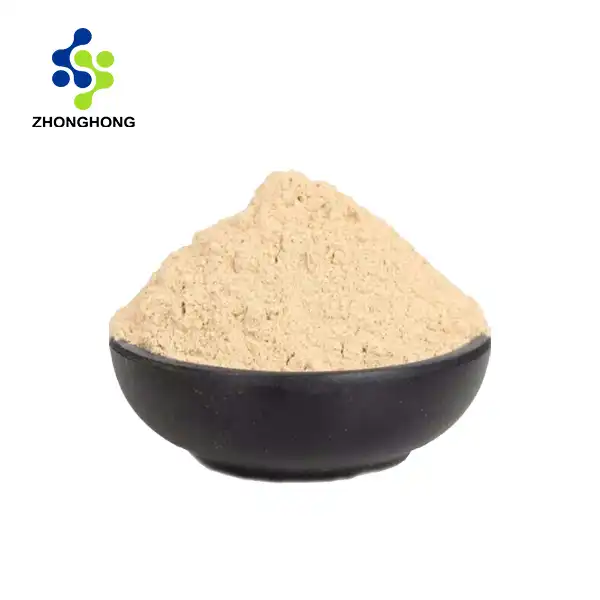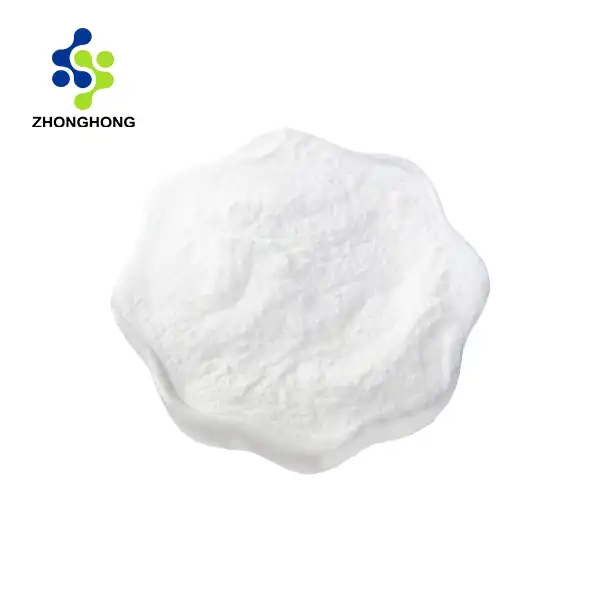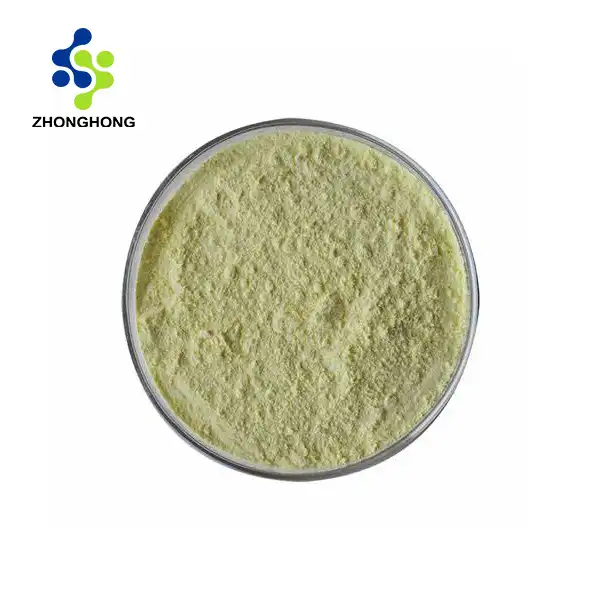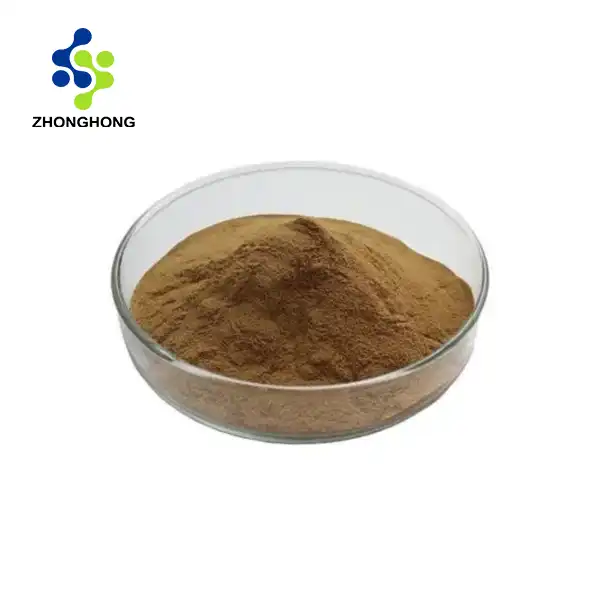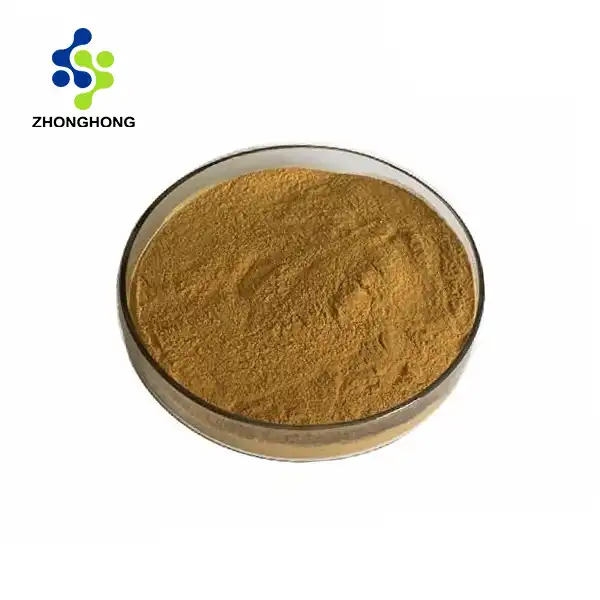Why Equol Could Be Your New Health Secret?
The Science Behind Equol
Equol is a metabolite of daidzein, one of the main isoflavones found in soy products. What makes equol unique is that not everyone can produce it naturally. Only about 30-50% of people have the gut bacteria necessary to convert daidzein into equol. This process occurs in the intestines and is influenced by various factors, including diet, genetics, and overall gut health. The ability to produce equol has been linked to numerous health benefits, making it a subject of intense scientific interest.
Equol's Antioxidant Properties
One of the most significant benefits of equol is its potent antioxidant properties. Antioxidants play a crucial role in protecting our cells from oxidative stress, which is linked to various chronic diseases and accelerated aging. Equol has been shown to be even more effective than its precursor, daidzein, in neutralizing harmful free radicals. This enhanced antioxidant activity may contribute to its wide-ranging health benefits, from supporting cardiovascular health to potentially reducing the risk of certain cancers.
Hormonal Balance and Equol
Equol's structure is similar to that of estrogen, allowing it to bind to estrogen receptors in the body. This unique characteristic gives equol the ability to modulate hormonal activity, which can be particularly beneficial for women experiencing menopausal symptoms. Studies have suggested that equol producers may experience fewer hot flashes and other menopausal discomforts compared to non-producers. Additionally, this hormonal modulation may contribute to improved bone density, potentially reducing the risk of osteoporosis in postmenopausal women.
Equol and Its Role in Heart Health
Cholesterol Management
One of the most promising aspects of equol's impact on heart health is its potential to manage cholesterol levels. Research has shown that equol may help reduce low-density lipoprotein (LDL) cholesterol, often referred to as "bad" cholesterol, while simultaneously increasing high-density lipoprotein (HDL) cholesterol, the "good" cholesterol. This dual action on cholesterol levels can significantly contribute to overall cardiovascular health, potentially reducing the risk of heart disease and stroke.
Blood Pressure Regulation
Hypertension, or high blood pressure, is a major risk factor for cardiovascular disease. Equol has shown promise in helping to regulate blood pressure levels. Some studies suggest that equol may help relax blood vessels, improving their flexibility and reducing resistance to blood flow. This vasodilatory effect can lead to lower blood pressure readings, contributing to better heart health. While more research is needed to fully understand the mechanisms at play, the potential of equol as a natural blood pressure regulator is exciting for those seeking alternatives to traditional medications.
Inflammation Reduction
Chronic inflammation is increasingly recognized as a key contributor to cardiovascular disease. Equol has demonstrated anti-inflammatory properties that may help protect the heart and blood vessels from damage. By reducing inflammation in the arteries, equol may help prevent the formation of atherosclerotic plaques, which are responsible for many heart-related issues. This anti-inflammatory action, combined with its antioxidant properties, makes equol a powerful ally in maintaining cardiovascular health.
How to Incorporate Equol Into Your Diet?
Soy-Rich Foods
The primary way to increase your body's equol production is by consuming soy-rich foods. Incorporating a variety of soy products into your diet can provide the necessary precursors for equol production. Some excellent sources include: - Tofu: A versatile protein source that can be used in both savory and sweet dishes. - Tempeh: A fermented soy product with a nutty flavor, perfect for grilling or stir-frying. - Edamame: Young soybeans that make for a nutritious snack or addition to salads. - Soy milk: A dairy alternative that can be used in smoothies, cereals, or as a beverage. - Miso: A fermented soybean paste that adds depth to soups and sauces. Remember, consistency is key. Regular consumption of soy foods over time may help stimulate the growth of equol-producing bacteria in your gut.
Probiotic Support
Since equol production relies on specific gut bacteria, supporting your overall gut health can be beneficial. Incorporating probiotic-rich foods or supplements may help create an environment conducive to equol-producing bacteria. Consider adding these probiotic sources to your diet: - Yogurt with live cultures - Kefir - Kombucha - Sauerkraut - Kimchi Additionally, prebiotic foods that feed beneficial gut bacteria can be helpful. These include foods high in fiber such as garlic, onions, leeks, and asparagus.
Equol Supplements
For those who struggle to produce equol naturally or want to ensure a consistent intake, equol supplements are available. These supplements typically come in the form of capsules or tablets and can be found in health food stores or online. However, it's crucial to consult with a healthcare professional before starting any new supplement regimen. They can help determine if equol supplements are appropriate for your individual health needs and goals, as well as advise on proper dosage.
Lifestyle Factors
While diet plays a significant role in equol production, other lifestyle factors can influence your body's ability to produce and utilize this beneficial compound. Consider implementing these habits to support equol production and overall health: - Regular exercise: Physical activity can improve gut health and may support the growth of beneficial bacteria. - Stress management: High stress levels can negatively impact gut health. Techniques like meditation, yoga, or deep breathing exercises may be helpful. - Adequate sleep: Good sleep hygiene supports overall health, including gut function. - Limiting alcohol and processed foods: These can disrupt the balance of gut bacteria and potentially hinder equol production. By adopting a holistic approach that combines a soy-rich diet with these lifestyle factors, you may be able to maximize your body's potential for equol production and reap its numerous health benefits.
Conclusion
Equol presents a fascinating frontier in the world of health and nutrition. Its potential benefits for heart health, hormonal balance, and overall wellbeing make it a compound worth considering in your health regimen. By incorporating soy-rich foods, supporting gut health, and maintaining a healthy lifestyle, you may be able to harness the power of equol for your health. As research continues to unfold, equol may well become a key player in preventative health strategies. If you want to get more information about this product, you can contact us at liaodaohai@gmail.com.
_1728976869676.webp)
